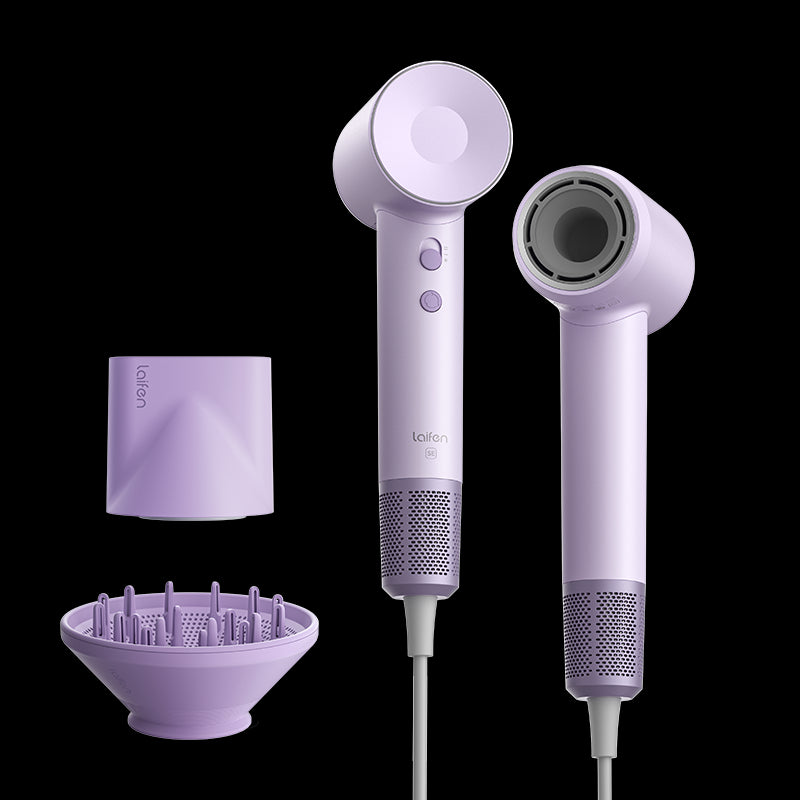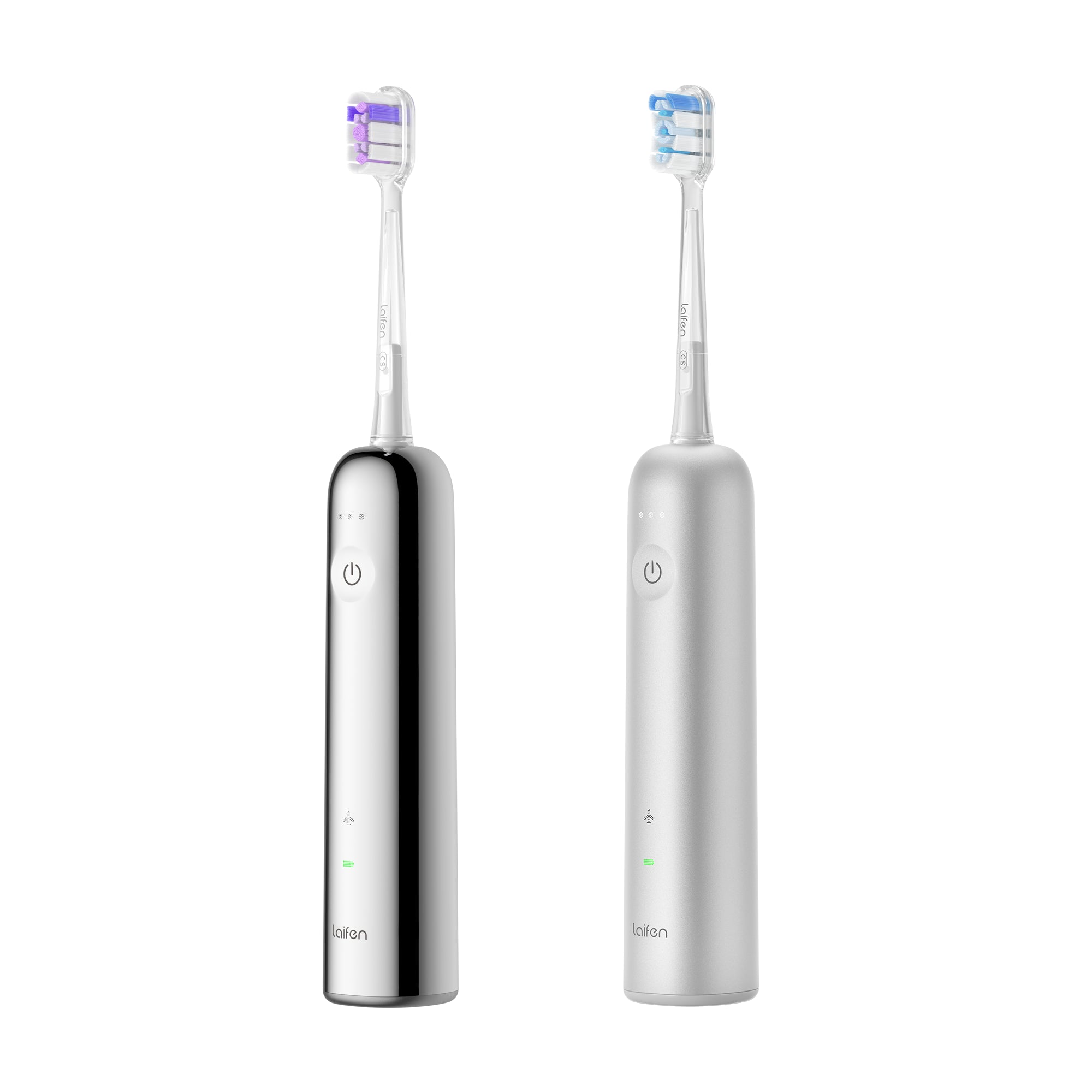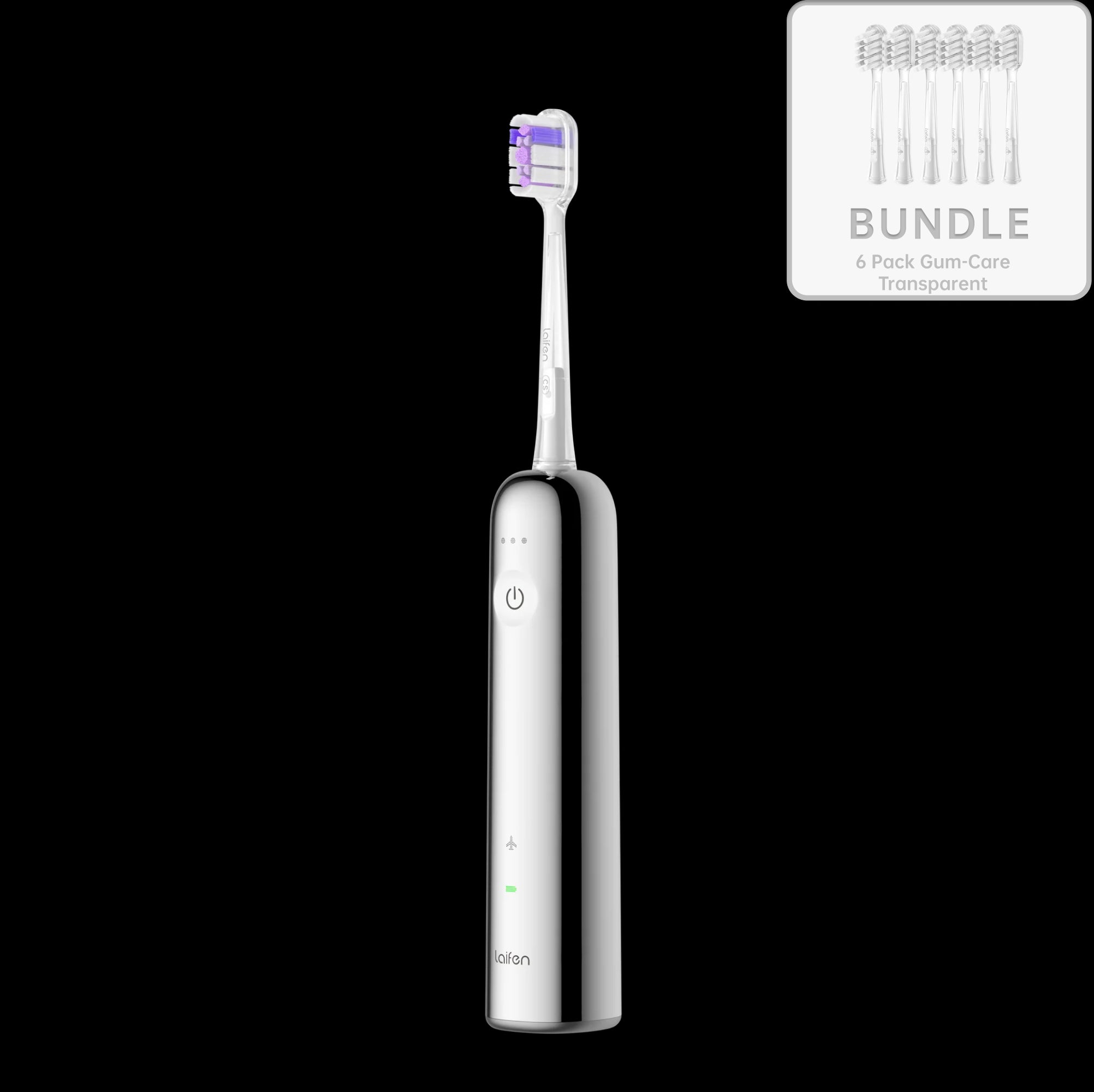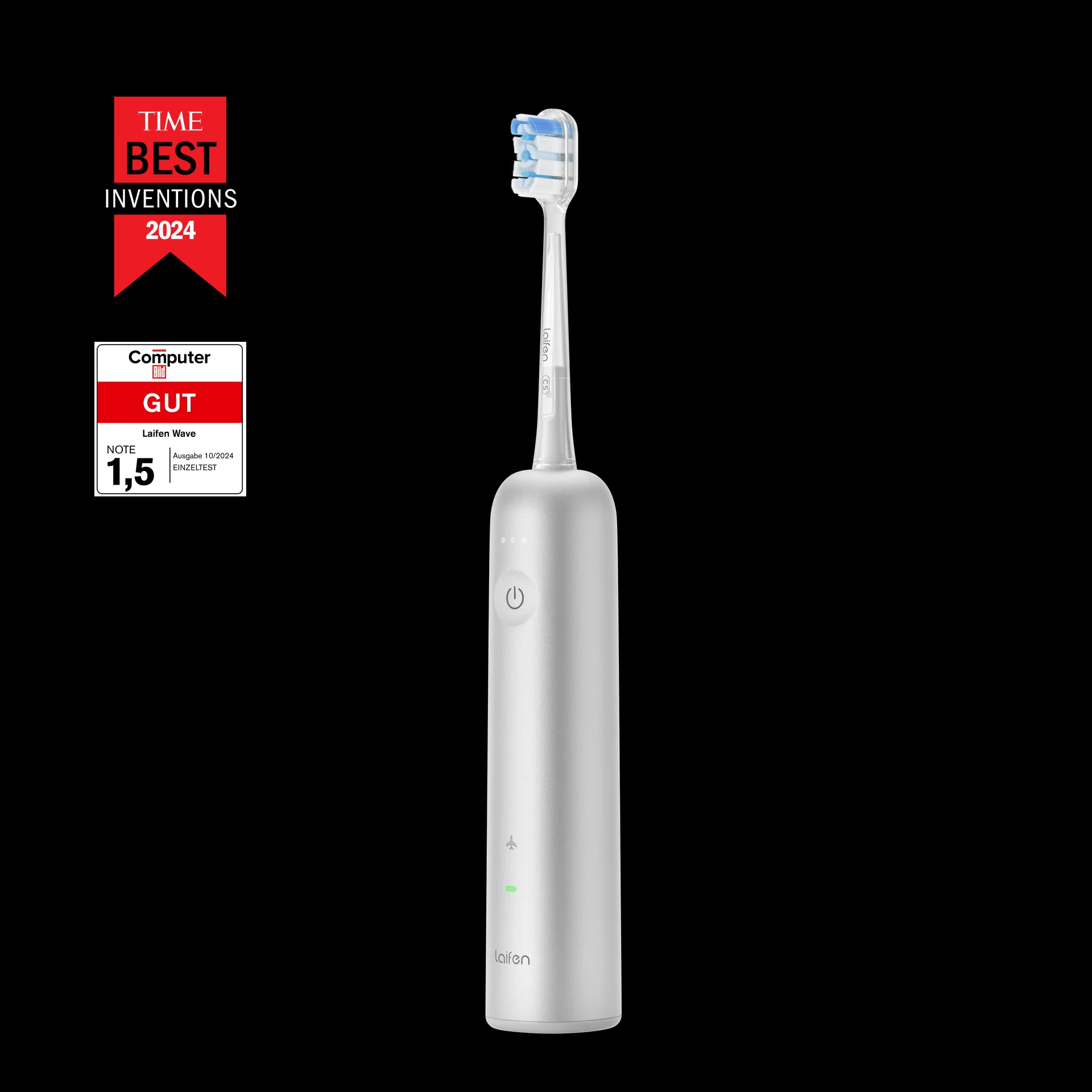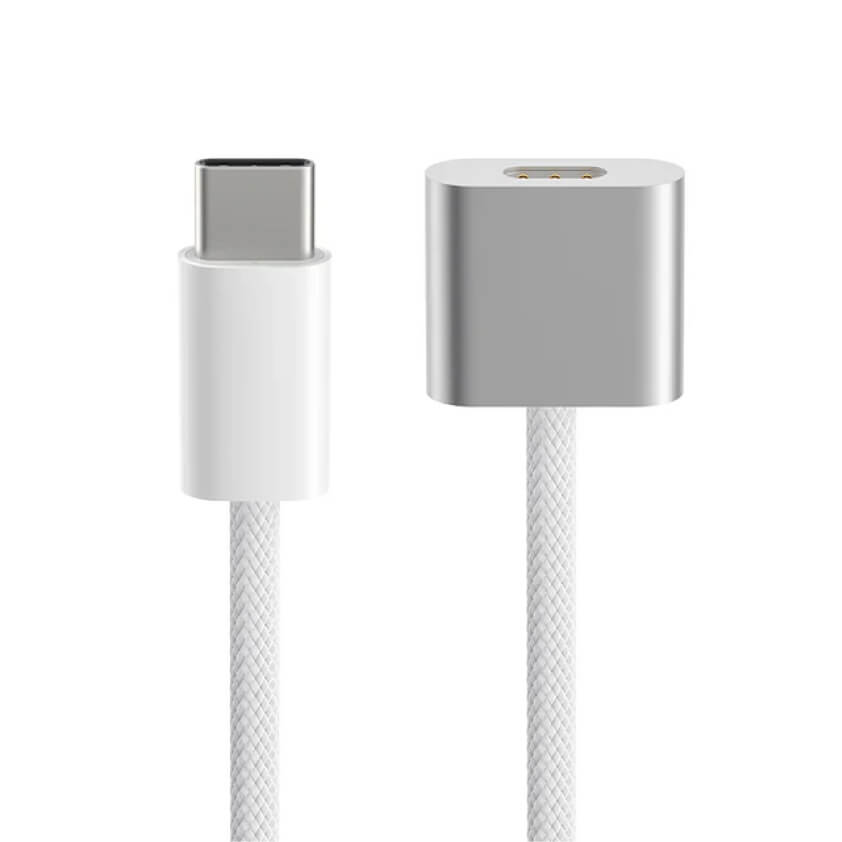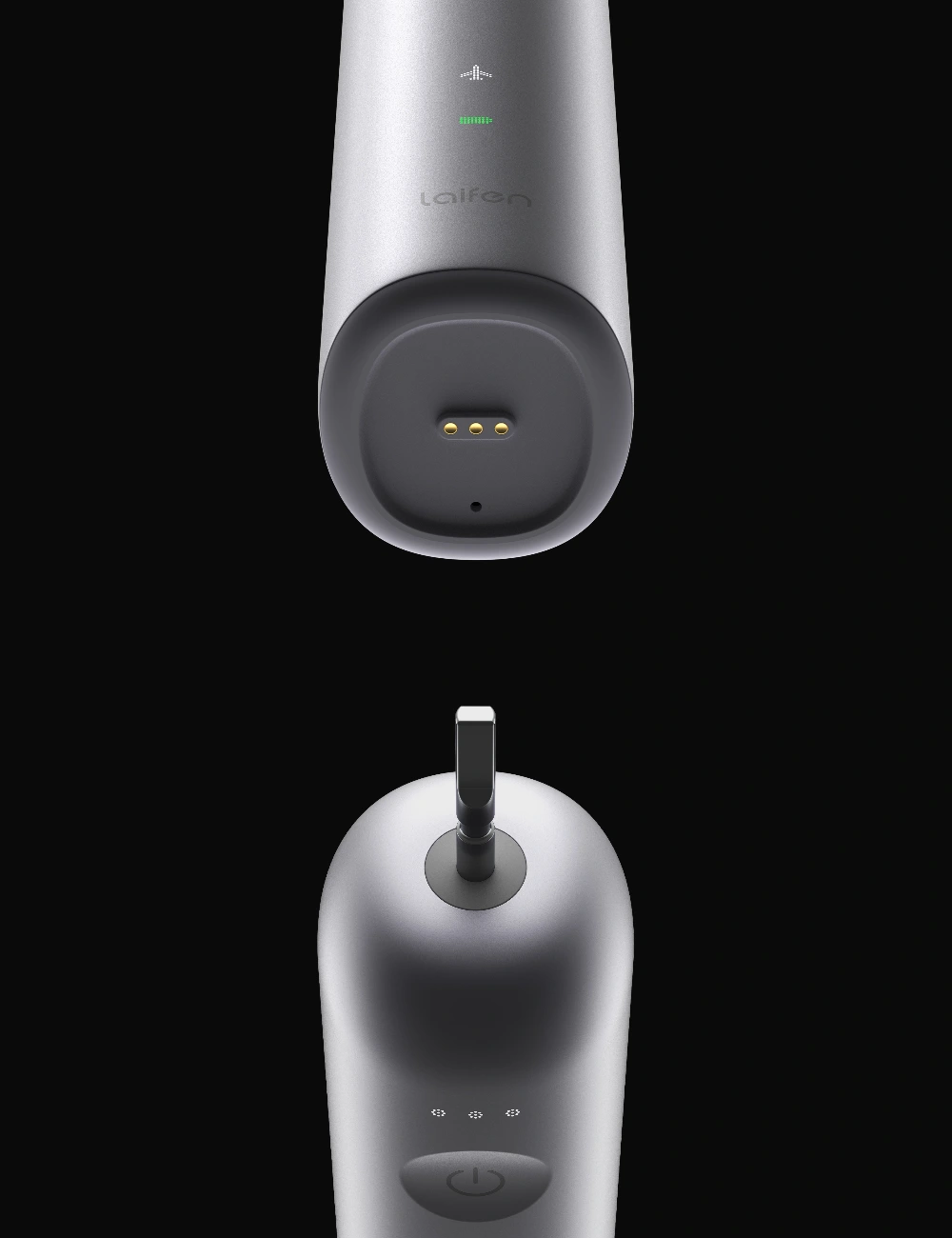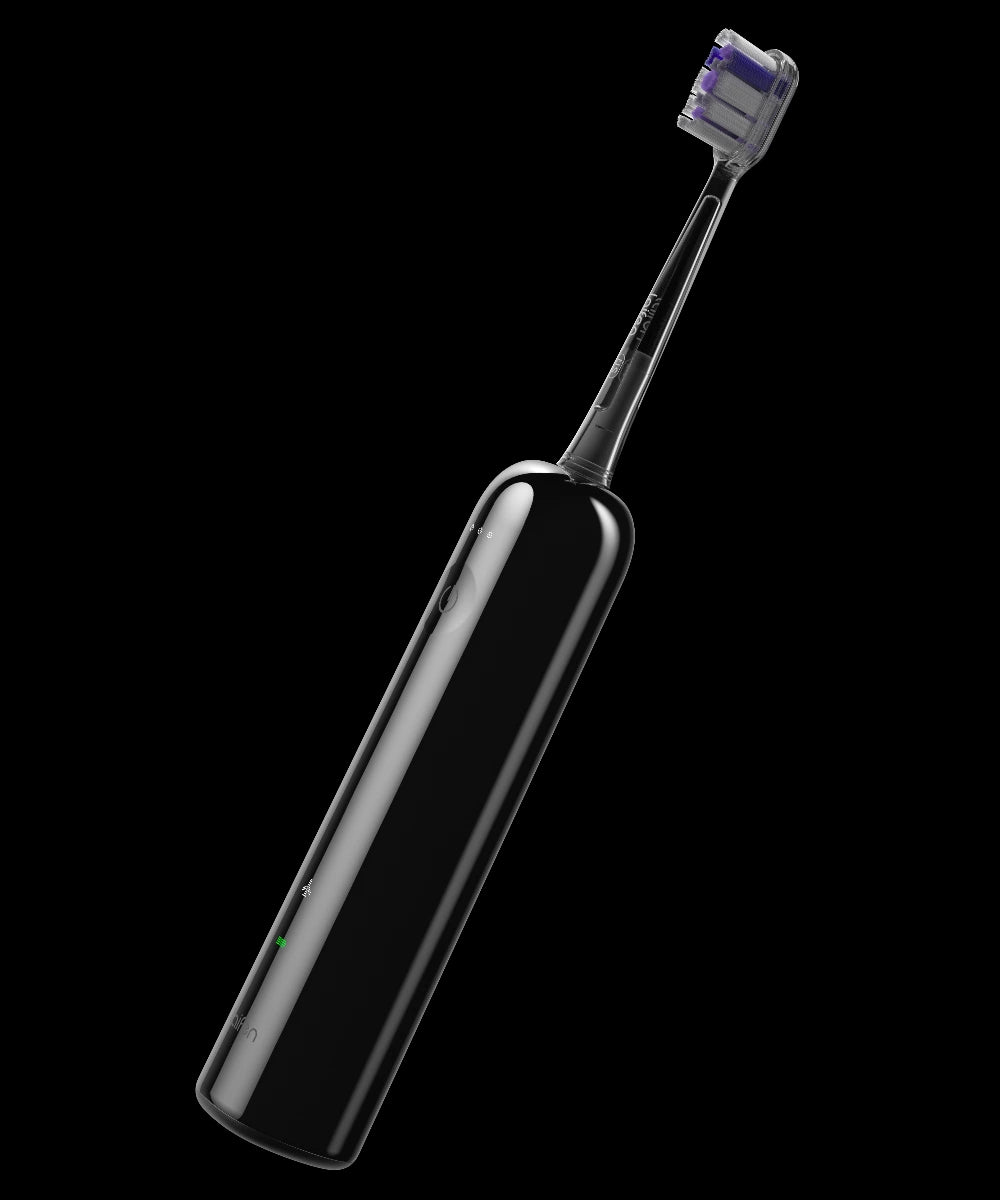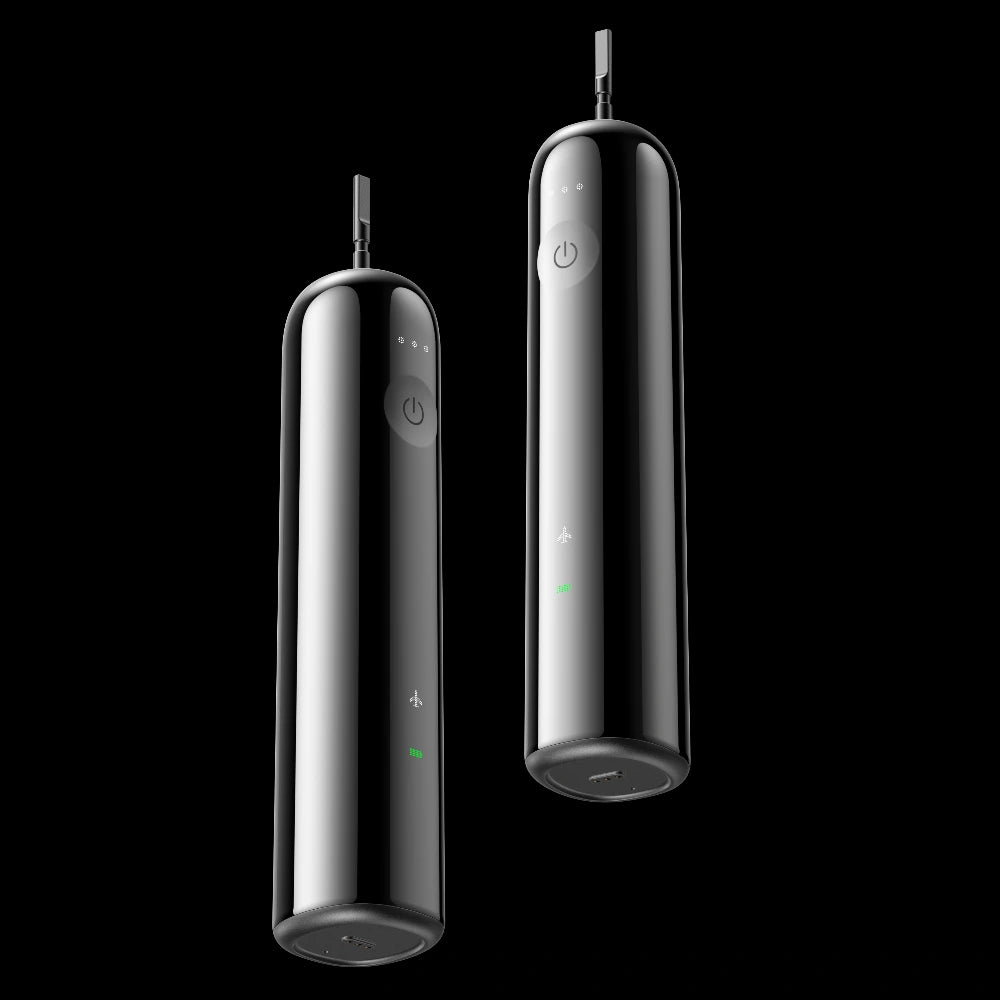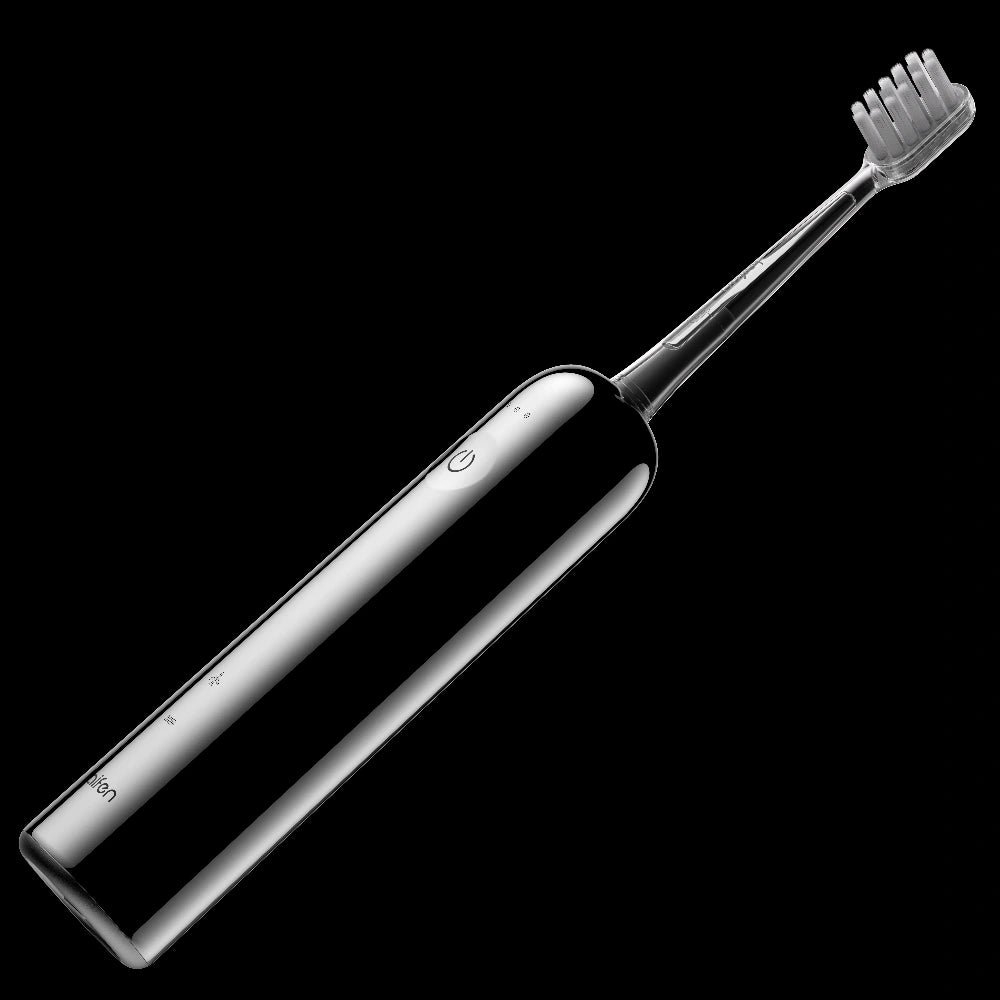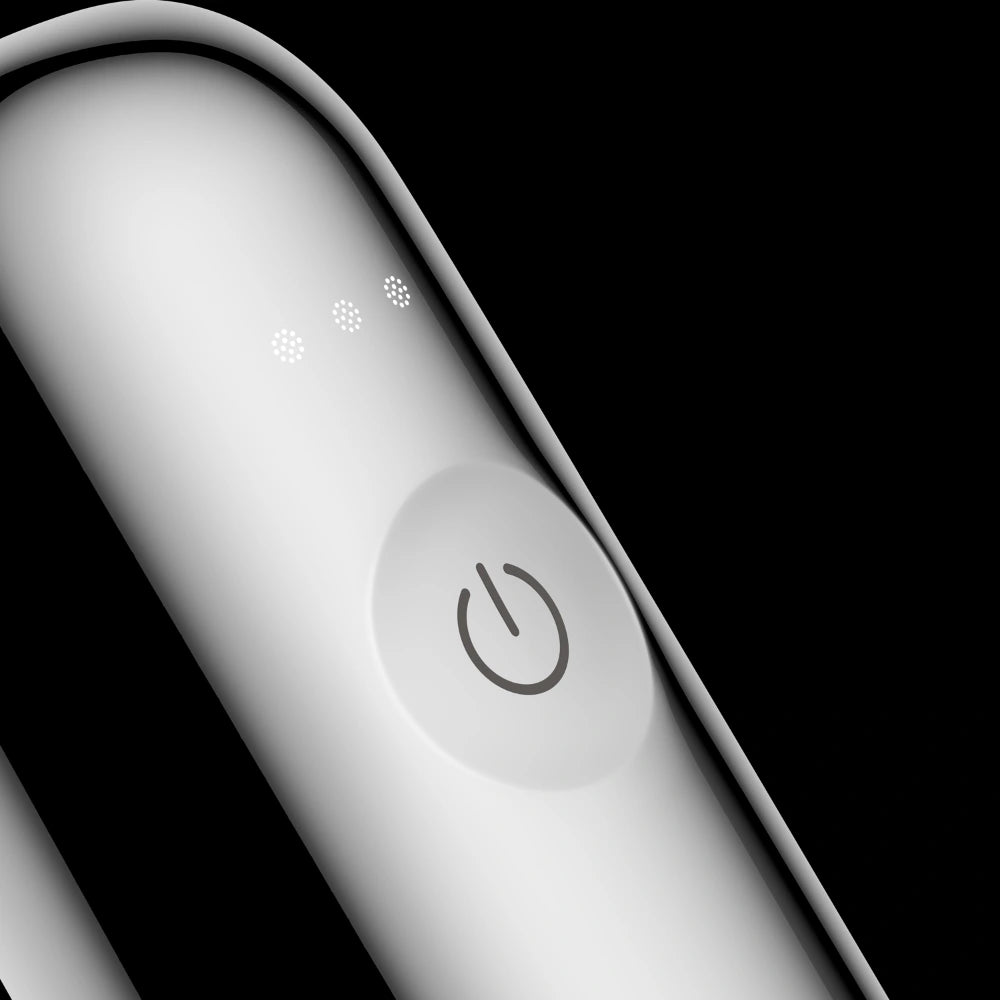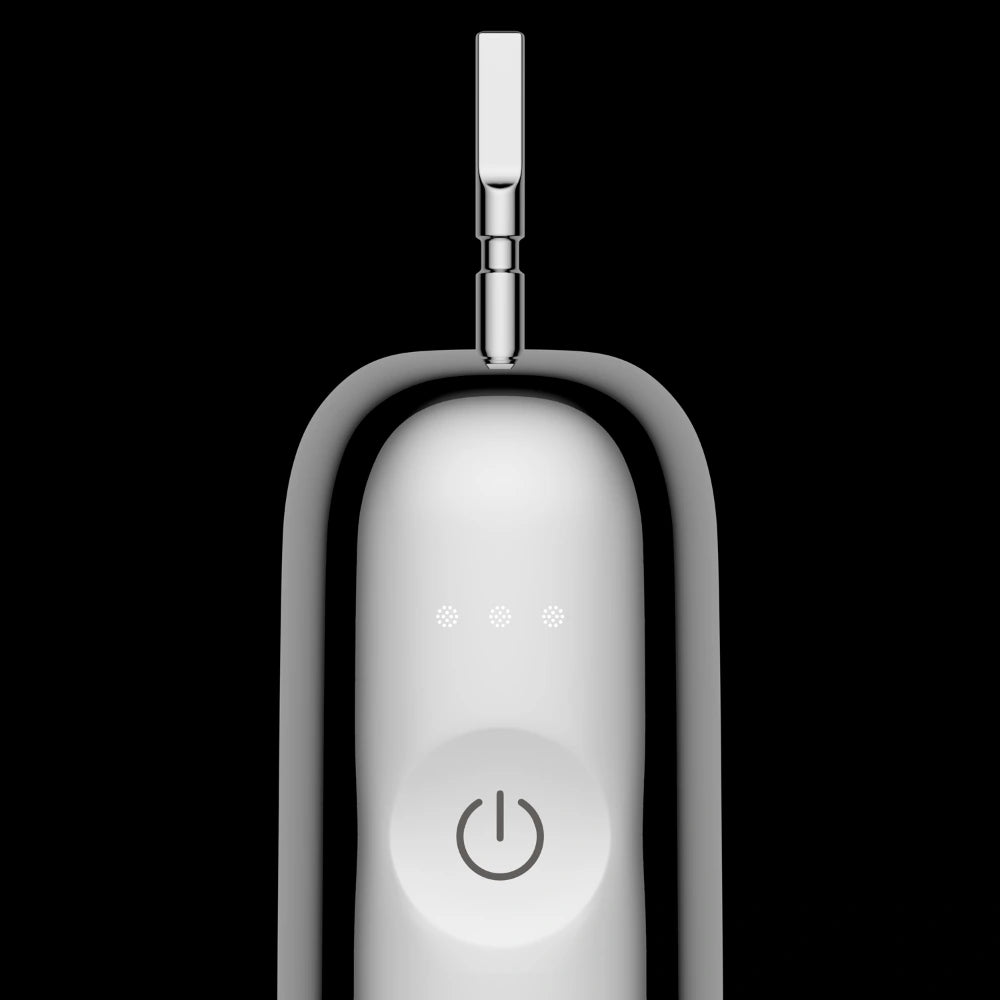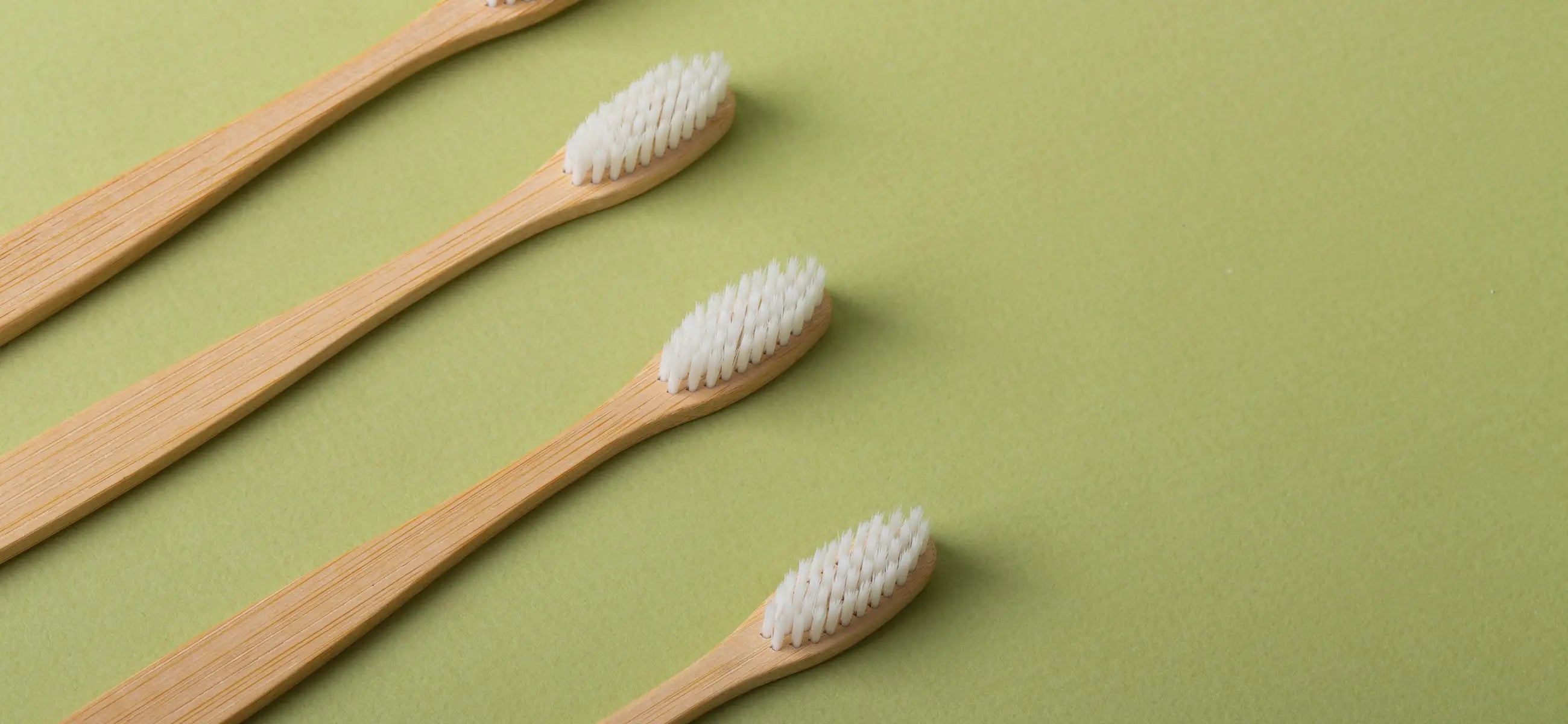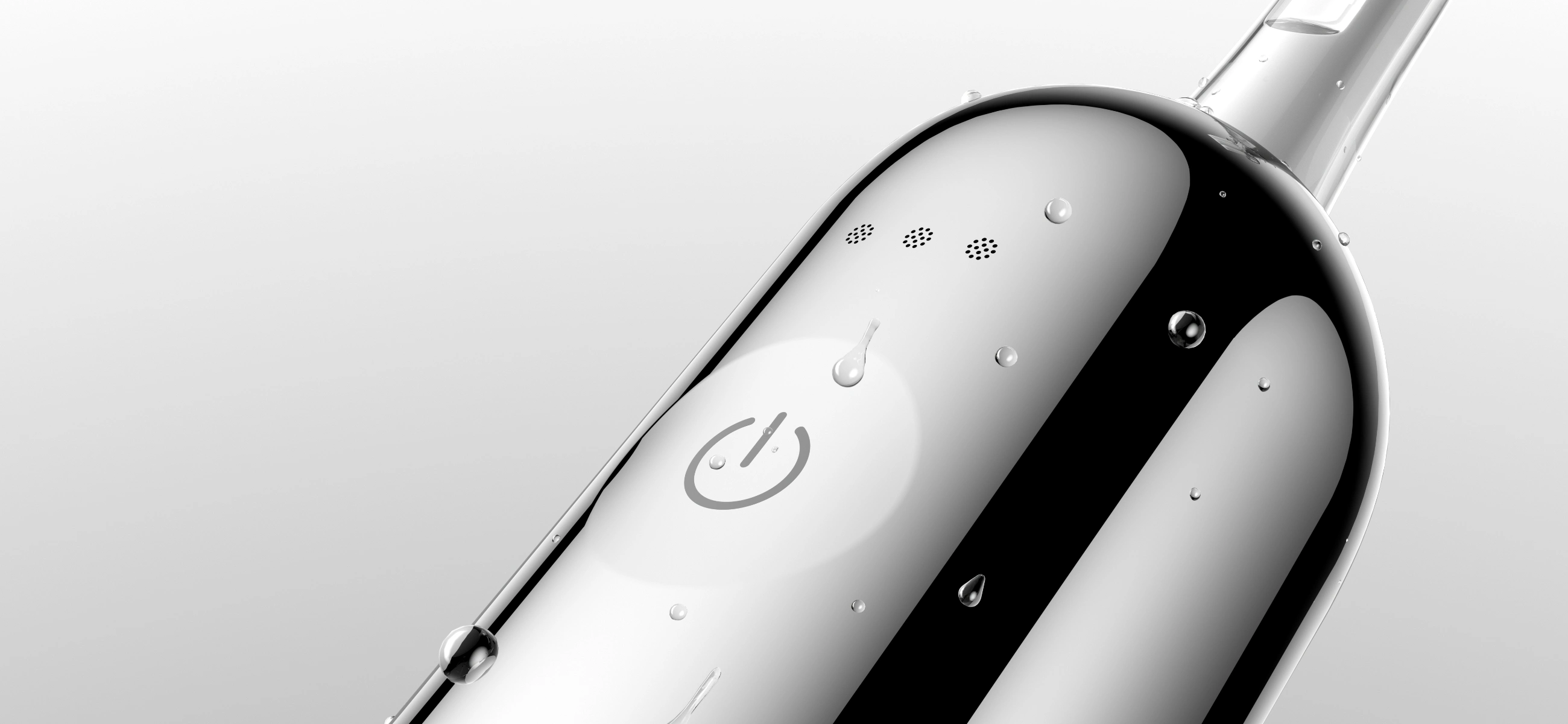
In this article
If you're suffering from jaw pain, you might be struggling to eat, speak, or even sleep. In other words, debilitating the pain in our jaw can have a negative impact on your quality of life in lots of different ways. In this post, we investigate some of the most common causes of jaw pain when opening your mouth, and explain different ways to treat it to help relieve some of your symptoms.
Common causes
There are lots of causes of jaw pain, so the first step is to try and diagnose the issue. You can consider some of your symptoms to try and work out what is causing the pain, but it might be necessary to visit a doctor for a full diagnosis. Still, some of the most common causes of muscular pain in the jaw include:
Toothache
Lots of people who experience a dull pain in the jaw are actually suffering from toothache. This can be a result of wisdom teeth coming through or poor dental hygiene. A buildup of bacteria in the gums can lead to dull jaw pain, as can dental abscesses.
If you experience sensitivity in any of your teeth alongside jaw pain, you should contact a dentist to discover the root of the problem.
In the meantime, maintaining good oral hygiene by using an electric toothbrush like the Laifen Wave, flossing daily, and using a mouthwash should reduce your likelihood of experiencing toothache.
Sinus infection & jaw pain
Another potential cause of jaw pain in many adults is a sinus infection. Your sinuses are air-filled cavities close to the jaw bone. It's possible for these cavities to become infected by bacteria or a virus, which can lead to excess pressure on the jaw.
Again, this usually manifests as a dull pain that is really uncomfortable. Depending on the severity of the sinus infection, you might need a prescription for medication or antibiotics to clear it up.
Jaw pain and headache (cluster headaches)
Some people experience severe cluster headaches, which are intense, super painful aches that typically start behind the eyes. There are lots of causes of cluster headaches, ranging from changes in altitude to alcohol or substance abuse.
Such is the pain experienced by cluster headaches that it often radiates to the jaw. If you experience cluster headaches regularly, it might be a sign of a serious underlying health condition, so you should consult a doctor for a full diagnosis.
Temporomandibular joint pain and muscle disorder (TMD)
TMD, sometimes known as TMJ, is a common affliction that affects millions of people every year. It directly impacts the hinges on either side of your jaw, and can result from arthritis, a displaced disk, or various other injuries to the jaw joint.
TMD causes moderate to sever jaw pain when chewing, and you may feel the pain on one side or on both sides of the mouth, depending on what caused it.
A doctor may advise you to treat TMD by applying a heat compress to the affected side of the jaw or by performing regular jaw exercises. Again, this is a condition that should be diagnosed and treated by a medical professional.
Heart attack
If you experience sudden pain in your jaw on the left side, it might be an early indicator of a heart attack. This is true if the pain is also in the neck, arms, and back. Women are more likely to experience jaw pain related to a heart attack than men.
If you suspect that your jaw pain on one side is an indication of a heart attack, you must call 911 (or the correct emergency services number) immediately.
How to relieve jaw pain effectively
Wondering how to relieve jaw and ear pain? Well, the first step is to diagnose what is causing the pain, as this will determine how to treat it. But, some simple remedies that you can try to alleviate the pain while waiting for a diagnosis include:
-
Heat or ice packs: Apply a heat pack or an ice pack to the affected area of your face for around 10 minutes. This can relax your jaw bone and alleviate some of the pain in the short term.
-
Pain relief: If you're experiencing moderate to severe jaw pain, you can ask a pharmacist for over-the-counter pain relief. Explain your pain to the pharmacist and follow their advice on the best medications to take.
-
Massage: Gently massaging the jaw with clean hands can also alleviate some of the pain. Rub your jaw in circular motions for a few minutes, but don't apply too much pressure as you risk worsening the pain.
The last words
Jaw pain can negatively impact your quality of life in numerous ways, so it's really important to diagnose the problem as soon as you can. You can do this by booking an appointment with a dentist or a doctor, depending on what you think has caused the pain.
The above home remedies may also relieve some of the pain you experience in the short term, but you should follow any medical advice for the best course of treatment.
FAQ
Q1: Is jaw pain linked to heart attacks?
In some instances, it can be linked to a heart attack. This is particularly the case for women who experience pain on the left side of the jaw and in the arm and back. Contact 911 immediately if you suspect you're having a heart attack.
Q2: Can wisdom teeth cause jaw pain?
Yes, wisdom teeth can cause jaw pain. If you experience this type of pain alongside dull pain toward the back of your mouth, it might be caused by the emergence of your wisdom teeth.
Q3: Can ear infection cause jaw pain?
Yes, ear infections and sinus infections can both cause the pain. You might need to complete a course of antibiotics to clear up any infections, which your doctor will be able to prescribe.


